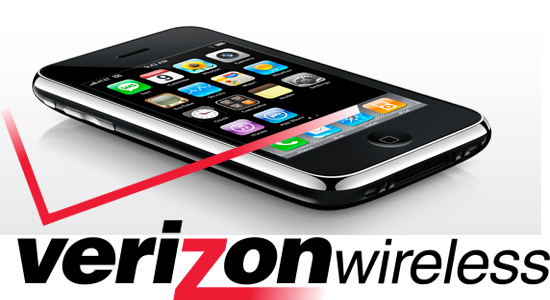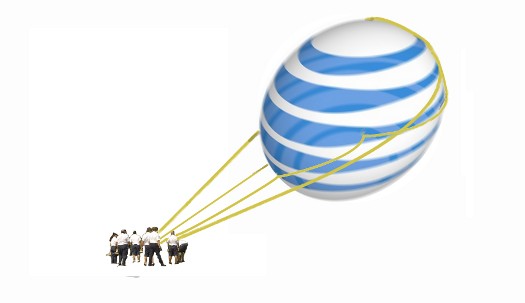Now that both the Wall Street Journal and the New York Times have suggested Apple’s iPhone is coming to Verizon, it’s likely a safe bet it’s happening. Sure, some details like dates might be off; but with both major outlets saying the same thing, let’s all just agree it’s coming now, ‘kay?
But with Verizon having around 90 million wireless subscribers, the iPhone’s arrival will send some send significant ripples through the industry. After all, after only being on only one provider, Apple have jumped to having around a quarter of the smartphone market in a few short years. With significantly more potential customers – and a significantly better network – imagine how many people might end up with an iPhone?
But besides putting billions into Verizon’s pockets, what else will it change?
Why It’s Good for Google
With many hundreds of thousands – possibly even millions – more people carrying around an iPhone, Google will suddenly find themselves in a position where Android being good enough will no longer be, well, good enough. This is exactly what Google needs.
The reasons for Android’s massive success are many: its wide availability on many handsets, the openness of the platform, the tight integration of Google apps… I could go on. Android is, after all, pretty great.
But at least part of it stems from attracting people who like the idea of the iPhone and smartphones, but don’t like either AT&T’s spotty reception or Apple’s tight control of the App Store and iOS. If a ton more people get exposed to the iPhone on Verizon, fewer will be happy with the ways in which Android is deficient compared to iOS: usability, the quality of the touchscreen and interface, the lack of an iTunes-like client, or the quality of the App Store versus Android Market.
To put it simply, a Verizon iPhone will put the heat on Google to keep improving Android. And rather than only improving it in the ways they already have (performance, features etc.), in order to face the newly expanded competition, they will be forced to think about interface, usability and the customer experience.
Why It’s Good for AT&T
How could losing iPhone exclusivity be good for AT&T? Well, for a similar reason it’s good for Google: they will not be able to overlook the weaknesses in their networks in the San Francisco and New York simply because they are, by default, the carrier with the iPhone.
Sure, Steve Jobs suggested that it’s partly municipal politics that’s getting in the way of new cell towers in San Francisco. But by no longer being able to rely on exclusivity, AT&T will be forced to deal with their lackluster network with an immediacy and speed they didn’t have to before.
Why It’s Good for Everyone
So clearly, from a business perspective, a Verizon iPhone will be good because it will drive competition. But this isn’t only good for the companies involved and customers of high-end smartphones. Quite to the contrary, by expanding the market for the iPhone – an excellent smartphone by any measure -we move closer and closer to smartphones of all platforms becoming an affordable commodity.
Why is this good? Well, think of what you can do with them: look things up while on the bus; connect with friends on social networks from anywhere; read the news wherever you are; get location-based alerts; to wit – smartphones are arguably a social good because the more people can access the benefits of having a cheap web-connected device, the more people can get access to information, news etc.
A More Consumer Friendly Industry
Ultimately, the competition that a Verizon iPhone will initiate will benefit the industry by pushing both Apple’s and Verizon’s competitors to up their game to either match them, or stay ahead.
But more generally, the increased competition will also have the effect of companies fighting over data price plans, while hardware and software makers fight to improve their interfaces, ecosystems and devices – all of which will bring the ostensible social good of smartphones to a wider audience.
And that’s good for pretty much everyone, right?


